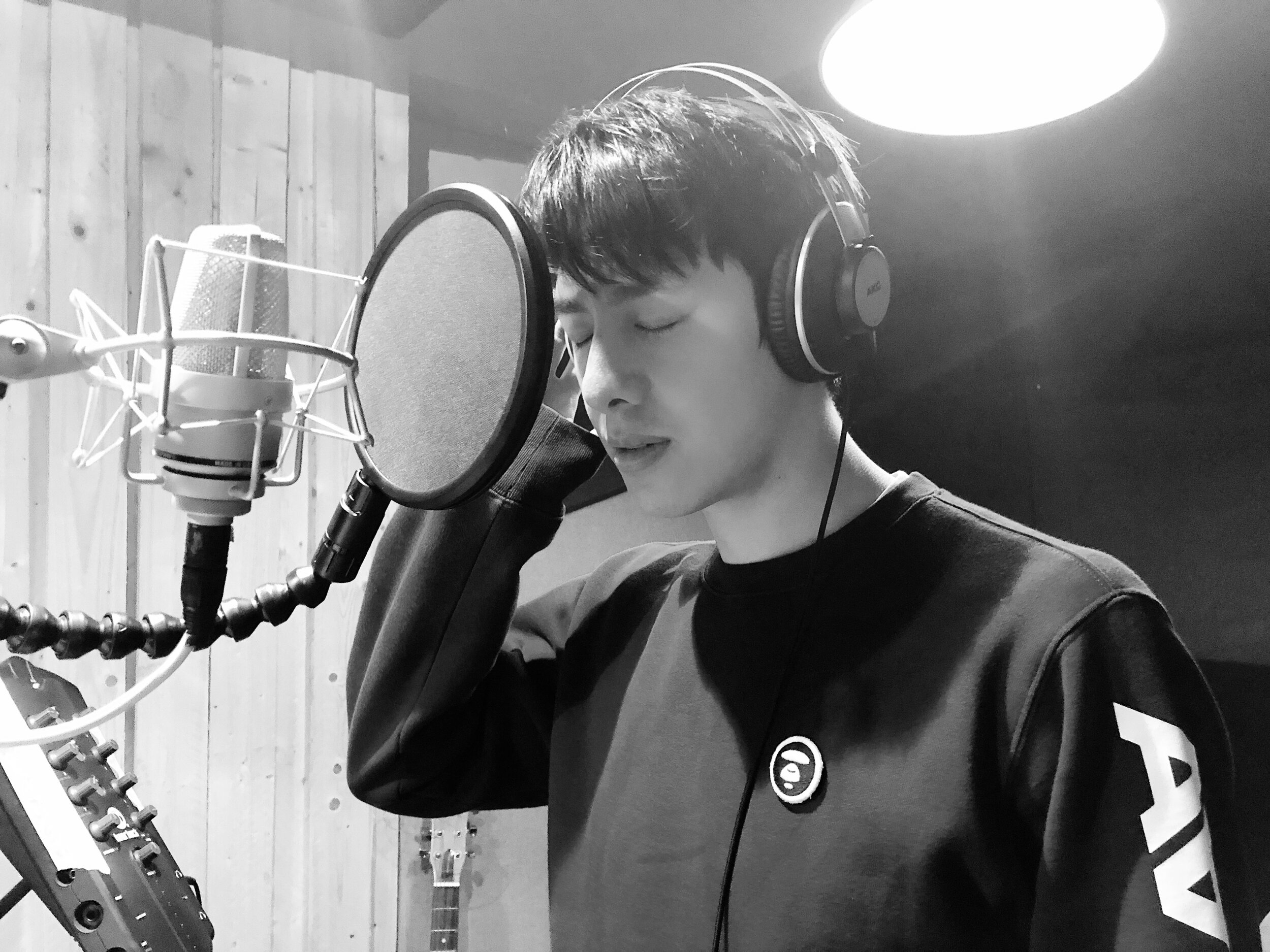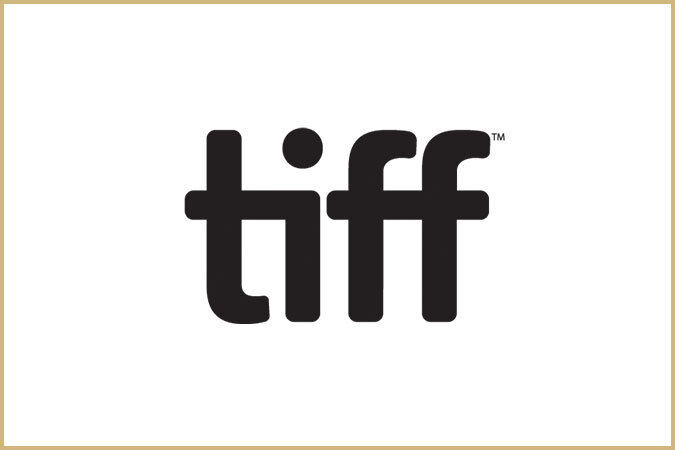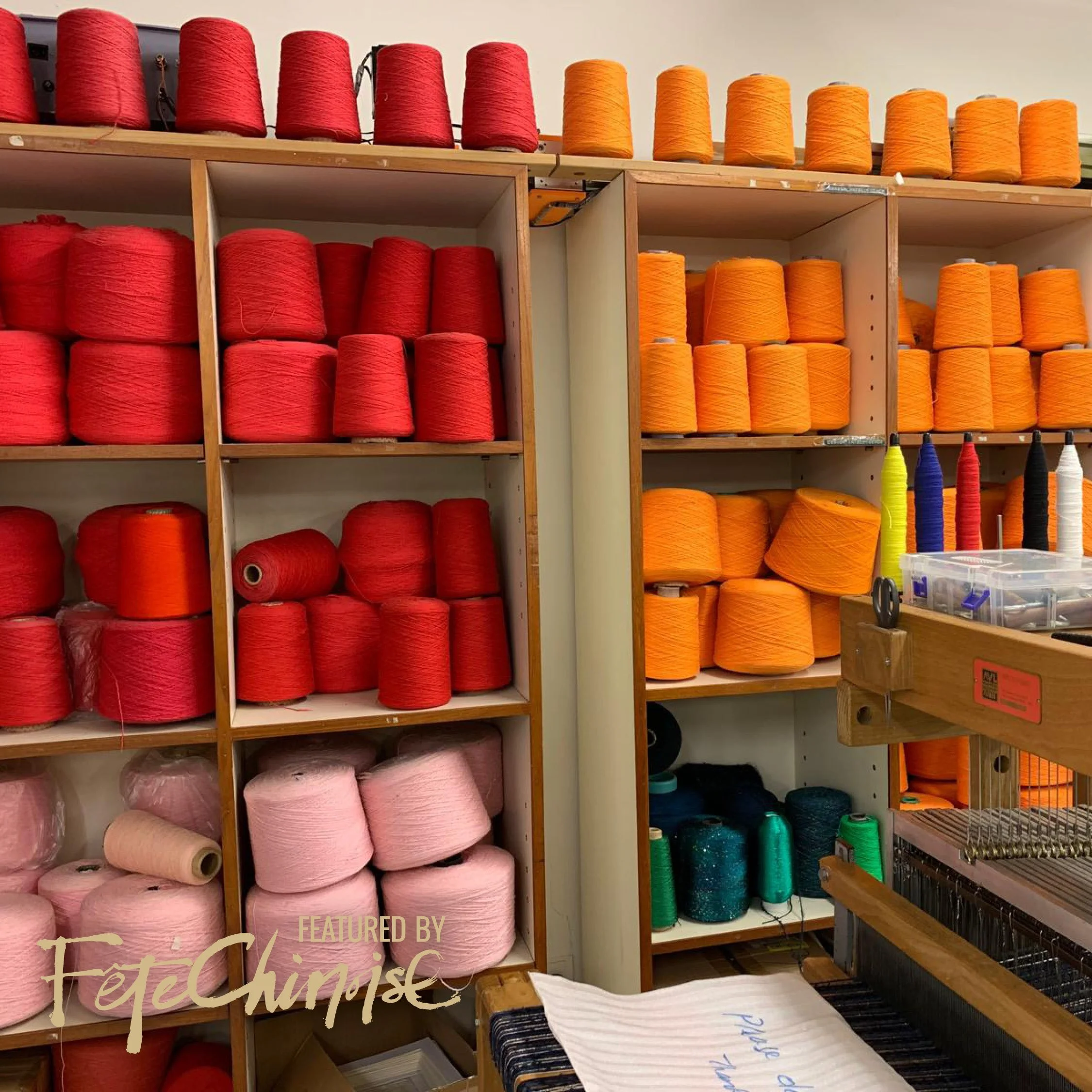5 Things I Learned in the Entertainment Industry
Written by Eugene Tang
Photography Courtesy of Author
As an entertainer in Asia, I was fortunate enough to work on a variety of projects. As part of a boy band, I performed at events with crowds of over 100,000 people, filmed music videos with a renowned K-pop director, and was nominated for a Golden Melody award (the equivalent of a Grammy award) for best group. As an actor, I've had the opportunity to be in movies and on television, to work with Golden Horse Award-winning actors and actresses (the equivalent of an Oscar), and to train with a Hong Kong stunt team. I also got to host travel variety shows, model for magazines, and become an ambassador for fashion brands.
In my last article, I touched on how the pandemic led me to rediscover myself back in Canada, delving into my Chinese Canadian roots and gaining perspective of the immigrant experience. With the quarantine, there was time to for me to reflect on my time in Asia and today I share my experiences in hopes of helping more Canadians understand the Chinese-speaking entertainment industry.
For anyone looking to pursue a career in the Chinese-speaking entertainment industry, here are five things I've learned:
1.Know the Language
Eugene Tang performing in Taiwan.
As a Canadian-born Chinese, I didn't speak a word of Mandarin before landing in Taipei in the summer of 2009. It was so difficult in the beginning: I could barely ask for directions, order food, or get a bank account. The process was so slow that I ate beef noodles for three months because that was the only thing I could say at the restaurant close to my hostel.
Once you are in the industry, the pace at which people speak is very, very fast. Because the people working in this industry are used to this rapid pace of speech, you will find it difficult if you do not have a good grasp of the language.
I remember the first time I went on TV was on a show called University (大學生了沒), where aside from us, there were three hosts and close to 20 other university students voicing their opinions on a particular topic. With that many people vying for airtime, it was like a war to get your voice heard. Moreover, shows are most likely taped (not live), so even if you do get to speak, it may be edited out if the producers feel it is not interesting or does not flow with the rest of the program.
If you are hoping to be a singer, understanding the language is critical since lyrics are the main soul of a song. I remember spending 3 hours in the studio on one line because the producer felt my accent was either too strong or the way I was expressing the words weren't natural enough for native audiences. The pressure was nerve-racking as each minute spent in the studio costs money, and as I was part of a group, there were others needing time to perfect their own parts in the song.
For acting, it is now almost essential to be able to speak Mandarin with a native accent unless your role is a non-native Chinese person or foreigner. Chinese movies and dramas are very strict on this, with all the drama schools having classes to train actors to speak Chinese to a certain standard. Even with native speakers, it is difficult as different regions also have distinct accents. If the Chinese isn't up to standard, often times the producers will dub over the dialogue with a voice actor. An open secret is that many native Chinese actors have had their dialogues spoken by a voice actor, but as this also costs money, producers have veered towards using an actor's real authentic voice when possible.
2.Don't take things too personally
Eugene in a recording studio.
Rejection in the entertainment industry is common and can be dejecting if taken too personally. The key is to try to learn from mistakes and/or criticisms and do better next time. For example, a career in acting often will consist of many castings and interviews with producers, directors, and agents. Each person will have their own critique and opinion of you – everything from your looks, to your personality, your talent and skills etc. Often one person's opinion can be completely opposite of another's.
I remember two different management executives having a heated debate about something as minuscule as whether I look better with my hair pulled back or with my bangs down, or if I should be photographed more on my right side of the face or the left side. Sometimes the advice can drive you crazy as the people giving the opinion all have significant industry experience. The best thing to do is listen and understand where that person is coming from. People in entertainment are known to be brash and direct (think Simon Cowell on American Idol but a thousand times more blunt). How you process opinions will determine how you improve and develop in the industry.
Sponsored by Valmont.
“Rejection in the entertainment industry is common and can be dejecting if taken too personally. The key is to try to learn from mistakes and/or criticisms and do better next time. ”
3.Dealing with Authenticity
Eugene and his bandmates.
To be able to express yourself is integral as it lets the audience know your unique qualities and differentiates you from other artists. This authenticity, however, sometimes may clash with what your management or company has in mind.
Authenticity was somewhat of a tricky thing to balance when I first entered the industry. As I was part of a boy band, the image of the group was very important to our management company. Like K-pop boy bands, the style of music, the way we were dressed, the personas we were supposed to take on were all part of a package the company designed for the public. In my group, I took on the role of the “foreigner,” so for many of our songs I was assigned the rap portion. In the lyrics I wrote and in the interviews I did, I often added many English words to accentuate my role. Although this was intentional, it was also natural as I was the foreigner in the group. The balance is to be able to show and be your authentic self, but be open to adjust due to various conditions.
4.Luck plays a big part
Eugene and Hong Kong superstar Alan Tam.
The entertainment industry in Asia is very competitive, with different artists trying to get their foot in the door. While hard work and talent are all major factors in determining if the “big break” will come, luck also plays a very critical role. As luck is not completely in your control, it is best to appreciate the good fortune if it comes your way. If you are going through a difficult time, knowing that the absence of luck may be able to ease the pain.
A manager once told me that “opportunity is for those who are prepared for it,” so persistence and effort in the long run will be rewarded when the stroke of fortune aligns with the right opportunity. When I first started wanting to act, I was told by my own manager that I should give up as I failed to land a role after going to multiple castings. I failed to even get casted for commercials where there was almost no dialogue. No matter how dejected I felt, I still kept on taking acting classes and seeking advice from actors and directors in the industry.
It wasn’t until two years of failed castings that I was personally selected by the director to play the iconic star, Alan Tam in “The House of the Rising Sons.” The opportunity baffled my management as I had not attended an official casting or reading of the script, I had no major acting experience, and this role was to be spoken in the Cantonese dialect. It was even more unexpected as I had only met the director once, at an informal dinner two years prior. I am forever grateful to the director and the production team for giving me that opportunity, but l also know that luck helped me out that time. If the stars had not aligned, if I had not met the director at that dinner, I may have never had my first real acting opportunity.
5.Change is certain
As the saying goes: “The only constant is change.” What works in the past may not work in the future. The entertainment industry is constantly evolving, with new opportunities opening and closing. Sometimes factors such as the advancement of technology and social media can change the way things are done.
For example, when our boy band started promoting our first album, it was mostly on radio and TV. The year immediately after, we promoted our new singles on new online streaming platforms and events. In acting, only dramas that were meant to broadcasted on television networks or movies were meant to be shown in theatres. Now there are many opportunities to act for streaming services such as iQiyi and Tencent (think China's version of Netflix and Hulu).
Be on the lookout for the changes and if you are lucky, you may be able to capitalize on the new opportunities those changes bring.
Sponsored by Toronto International Film Festival.
Sponsored by Palettera.





















